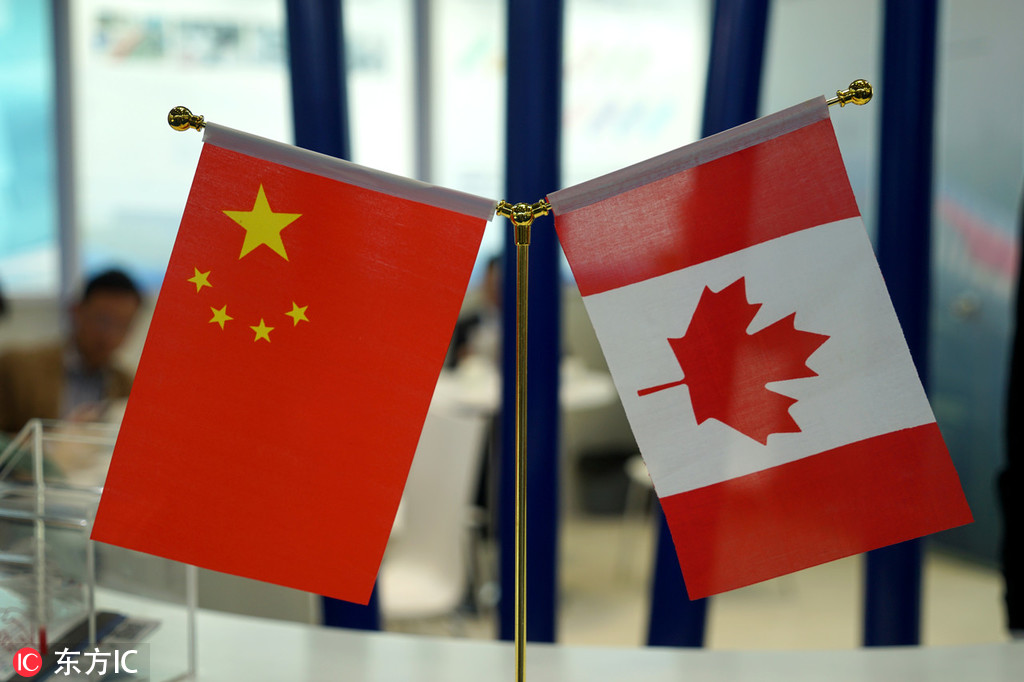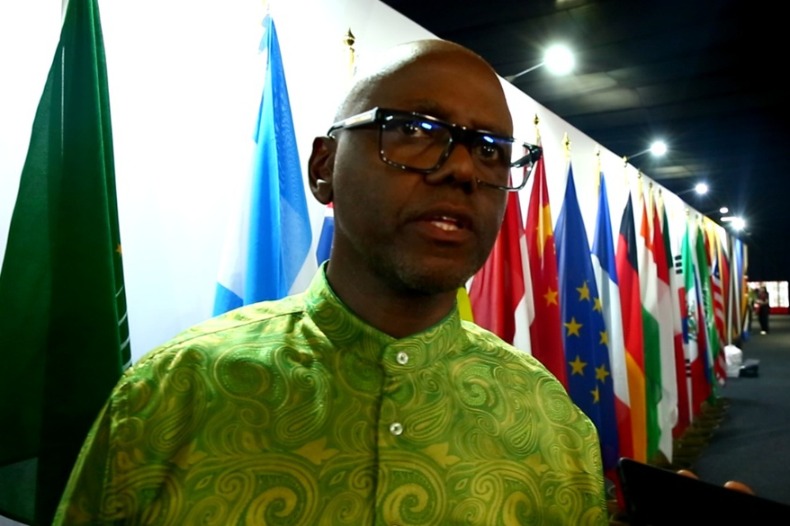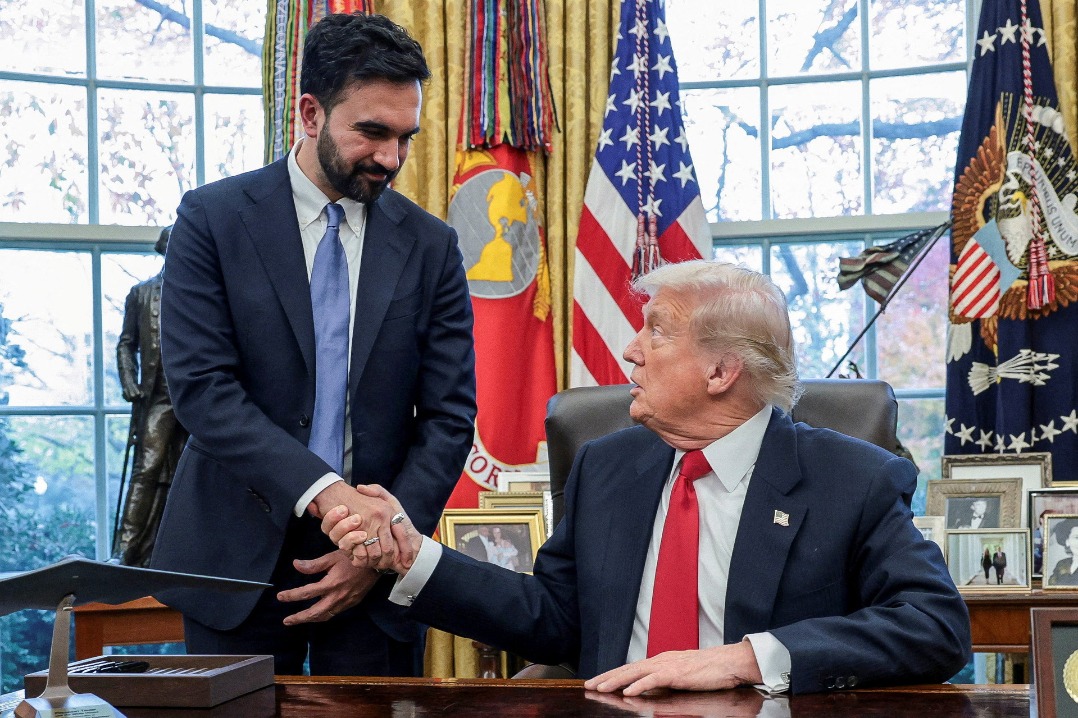Canadian provinces still eager for China’s business, tourism


Although the government of Canada expects trade with China to slow amid tensions between the two countries, Canadian provinces are still doing business with China.
Canadian Trade Minister Jim Carr last week called the current tensions a "tough patch" and said that Canada has to "work through it".
Ontario Premier Doug Ford pledged that his province will forge closer trade ties with China. "It's so important for us to keep trade openness with China," Ford told China Daily at a Chinese New Year celebration held at Queen's Park on Tuesday.
"We encourage China to come over and invest in Canada. We're probably the top two or three countries in the world with rich natural resources, and obviously over in China, the size of the market, population, economic boom are great," said Ford.
He said Ontario is working with a Chinese company that wants to build 1.2 million square feet of workspace, which will create 400 new jobs for the local community.
China is Ontario's second-largest trading partner, and in 2017, imported the most Canadian shipments, worth $18.2 billion.
Michael Tibollo, Ontario's minister of tourism, culture and sports, said he expected greater tourism between the province and China.
"Chinese tourists are extremely important for Ontario," said Tibollo. "Despite the tensions between the federal government and China, our province is still trying to build bridges and establish strong ties with our trading partner."
Chinese tourists are a vital part of Canada's tourism industry. According to statistics, 64,113 trips were made to Canada from China in October 2018, an increase of 19.5 percent from the same month the previous year. However, a big drop has occurred since the arrest of Huawei Chief Financial Officer Meng Wanzhou in December at the request of the United States.
"We want to continue expanding the tourism and also visiting China. We're actually working on a plan to try to do an exchange; we will have a trade mission to China, and hopefully we can announce it soon," Tibollo added.
The province of Saskatchewan, a world leader in agricultural products, potash and uranium exports, also is keen to see its trade with China increase.
"As of November 2018, our exports to China were approximately 15 percent higher than the exports through all of 2017," Saskatchewan Trade Minister Jeremy Harrison told Canadian media.
Harrison acknowledged that there are issues with China about market access for agricultural products and uranium, but he said trade officials will continue to try to resolve the matters with China, Saskatchewan's second-largest trading partner after the United States.
"That's actually a part of the recommendation from the national government as well, to continue to engage economically with China," he said.
Contact the writer at renali@chinadailyusa.com
































